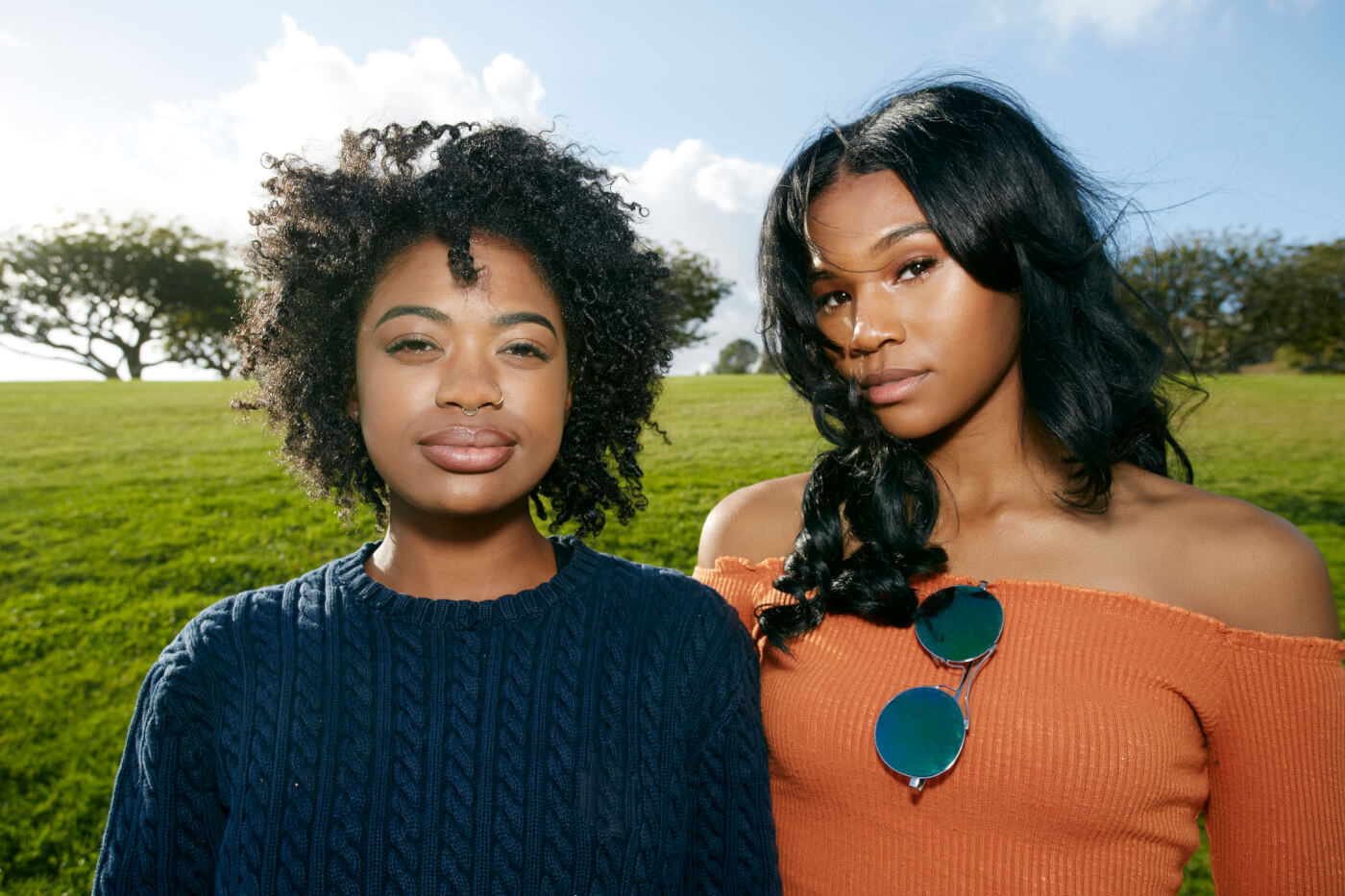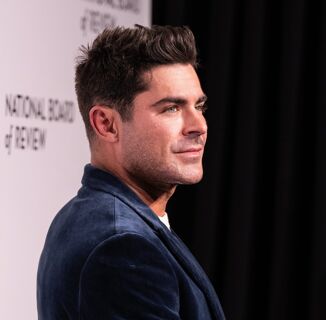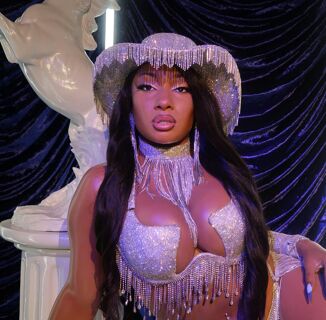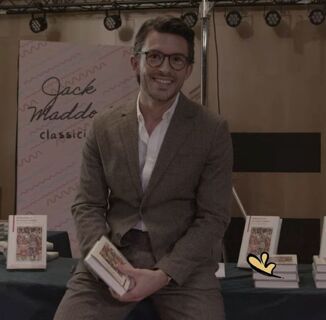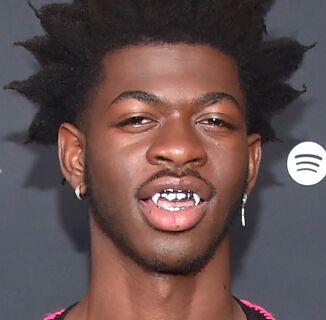The house I grew up in, when I lived in Congo, stood like a castle at the end of an unpaved dirt road. All around the gates were overgrown weeds and muddy ditches.
But once you were inside, it was a world in itself.
We had two gardens that were separated by stone stairs. The first one had a huge lawn that I remember always having sprinklers on. It had a white swing and a small lake. The second garden had a much smaller lawn and was closer to the terrace at the front of the house — a terrace buttressed by giant marble beams. It was excessive. My parents had worked too hard to be modest. When you grow up in a house the length of both your arms and manage to get a college education and a decent job, you earn the right to be excessive.
My house in South Africa wasn’t quite the same. It wasn’t even a house at all. It was an apartment. The sink was full of cockroaches when we moved in. The walls were stained with…who knows what they were stained with. It always smelled like bleach coated with Febreze. My mother was obsessed with getting the stains out of the air but was embarrassed to have everyone who visited us know how much bleach she had to use. I never brought friends home, not because I was embarrassed but because I was recovering from having to flee my castle in a hurry after the men that wanted my father’s head broke the window. There was glass everywhere, on the floor inside the kitchen, on the stone stairs between the gardens. So we had to go, and I had to learn English in three months, and I couldn’t help but bite my tongue around kids who’d known it their whole lives.
In my fifth grade class at Loreto Convent School in Pretoria, South Africa, during my first year of school in a language other than French, I read Roald Dahl’s Matilda and had to write about it. My teacher, Mrs. Urquhart, was tall and she had light brown hair that she always wore in a messy ponytail. None of my classmates liked her at all; they all found her mean. But she always smiled at me so sweetly. She made me read out loud what I had written and when I was finished she said to the whole class how crazy it was that the person who had only been speaking English for three months wrote the best paper in the class. I didn’t dare look up to meet the stares and eye rolls. So I never brought friends home.
There’s a myth of perpetual tragedy and a lack of nuance that adulterates immigrant narratives. Up until recently, I struggled to call myself an immigrant because it felt so somber. W.E.B. DuBois’ double consciousness always comes to mind because the double edge of intersectionality is isolation. I grew up in a conservative African household, with my father being Catholic and my mother a Jehovah’s Witness. Like most households, it was filled with love and resentment. And like most households, it was a hostile environment for a young queer woman. Harrowing as it was, I managed to carefully handcraft my identity, which I now wear on my sleeve.
In 1984, Richard Goldstein interviewed James Baldwin about being black and gay in America. Baldwin talked about how the discovery of one’s sexual preference doesn’t have to be a trauma, but it is, because we live in an inherently traumatized society. Often people talk about how living at the intersection of multiple identities can be conflicting. But two things can’t both be true and also conflicting. It is true that I am a lesbian. It is true that I’m black and an immigrant and African. Try as the world might to make me believe otherwise, these are not conflicts. They are cohesive fabrics of my being and they only garner friction when they exit my body and interact with the world.
I don’t live in a castle anymore, but in Silver Lake, after a brief stint in Orlando, Florida for high school. Sometimes, when my friends and I go out to eat tacos, we stand on the street and I can see the Hollywood sign above their heads. I think then about all the times I stood at the highest point of my castle in Congo and looked out to see a dirt road and poor street vendors on the other side of the gates. I think of the books I stuffed into my wheelie backpack at the library at Loreto Convent School, so I could read them outside during recess, on a giant lawn, almost the size of the one in my old garden. I think of getting up in the morning to the smell of bleach and getting into the car that always played Dolly Parton or Kenny Rogers, driving to the school for close to an hour, past trees, past a prison, past a McDonalds. I remember all those stories, the stories of me and everyone I encountered.
The inclination by white liberals to believe that the systems of oppression present today are out of character for the United States is some revisionist history bullshit. We’re all trying so desperately hard to hear our own voices above the noise of the world that sometimes we forget that it’s when we’re quiet that we can best hear ourselves speak.
I don’t seek to change anyone’s mind about anything. I just want to remind people of the simple pleasure of a good story. We deserve to be written. We deserve to be sung. We deserved to be photographed and filmed and painted.
Because stories are our birthright. Whether or not we’re heroes. Stories are how we survive. And the moment we start telling them honestly and without fetishizing suffering, that’s when we start healing.
Image via Getty
Help make sure LGBTQ+ stories are being told...
We can't rely on mainstream media to tell our stories. That's why we don't lock our articles behind a paywall. Will you support our mission with a contribution today?
Cancel anytime · Proudly LGBTQ+ owned and operated
Read More in Culture
The Latest on INTO
Subscribe to get a twice-weekly dose of queer news, updates, and insights from the INTO team.
in Your Inbox

